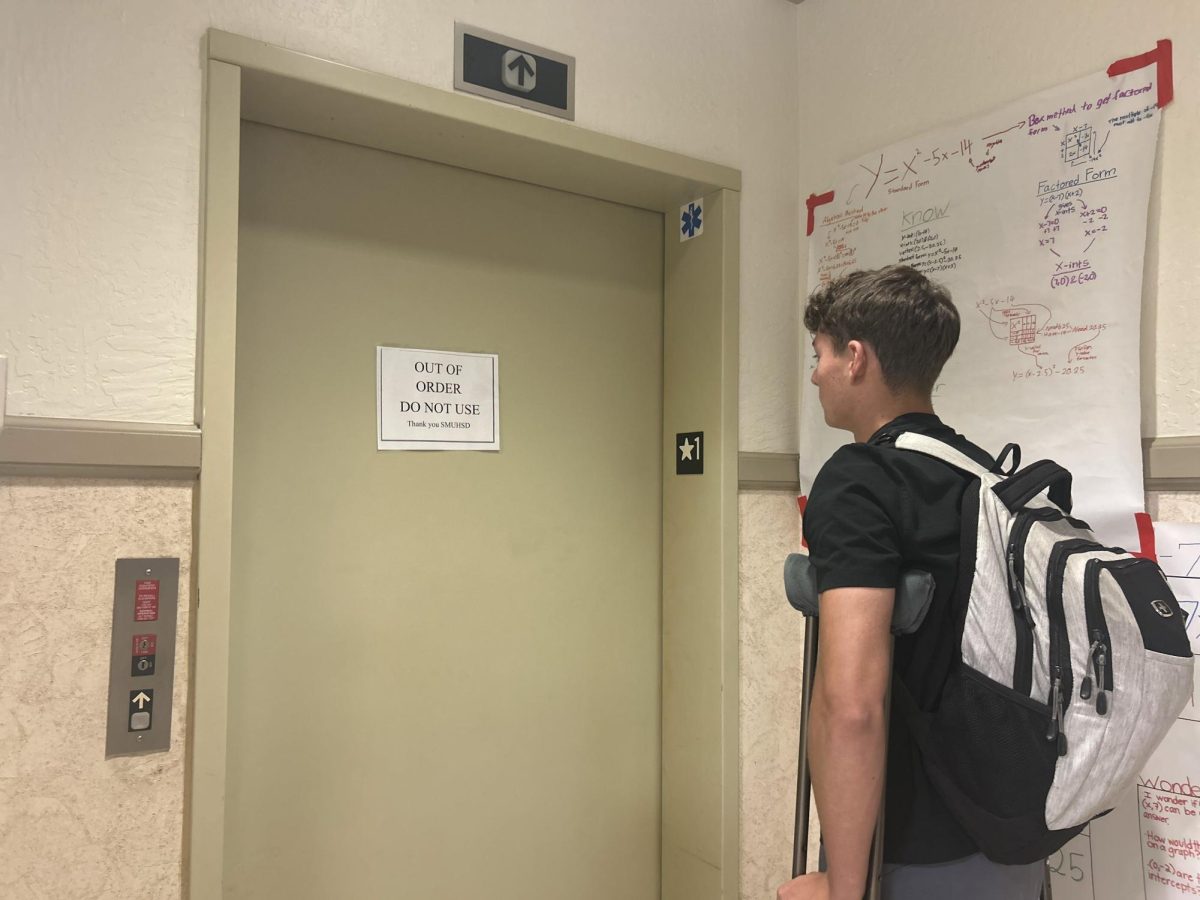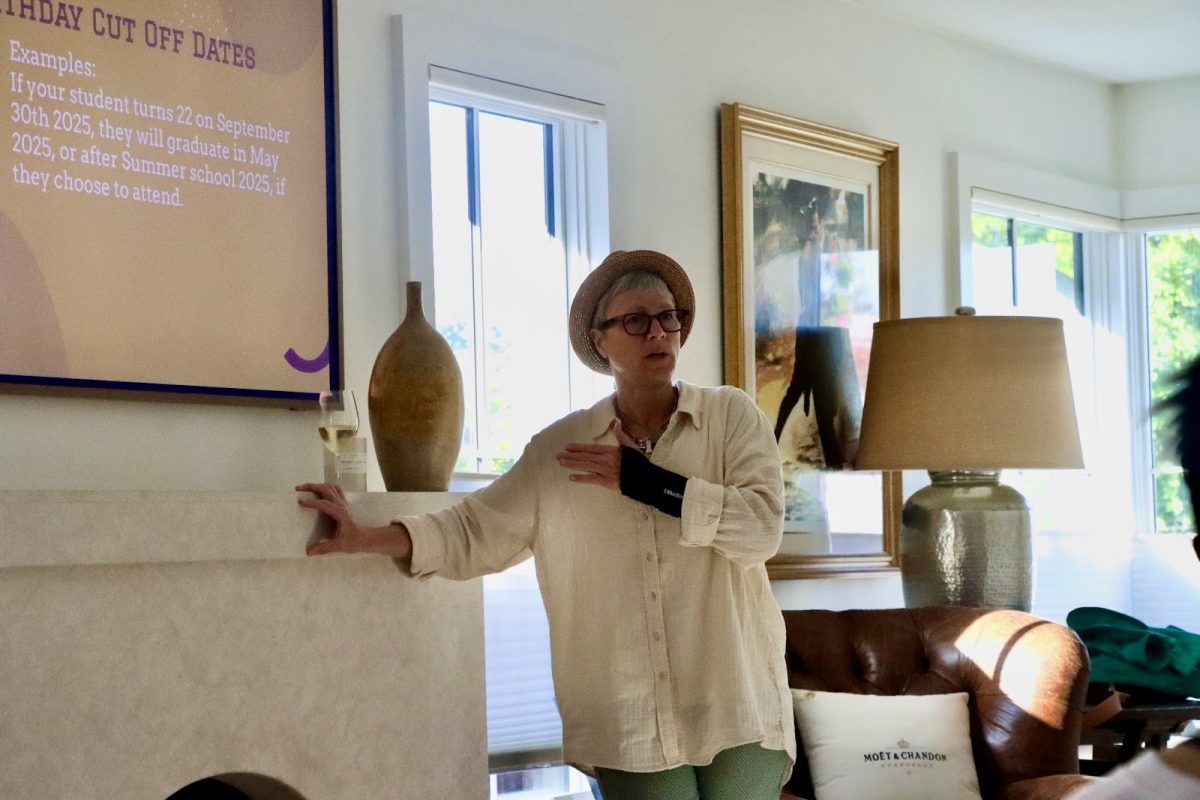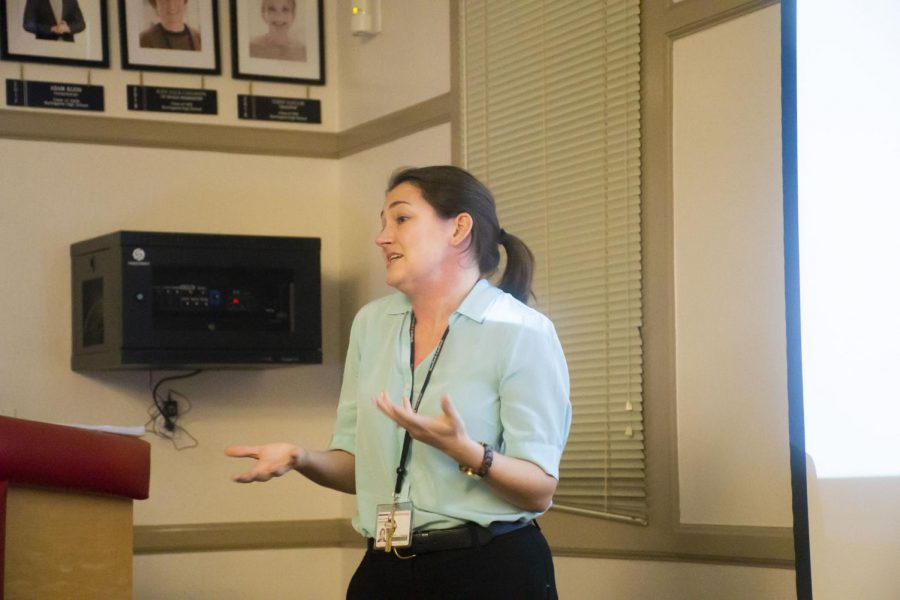Stanford fellows present about eating disorders
Dr. Kimberly Rosania informs parents of San Mateo Union High School District students about how to seek treatment for their loved ones suffering from eating disorders.
January 30, 2019
Dr. Kimberly Rosania and Dr. Brittany Matheson, who are psychology fellows at Stanford University, presented about eating disorders on Jan. 15 in the alumni room. They informed parents of San Mateo Union High School District students about the best ways to seek treatment and help for loved ones who suffer from eating disorders.
Although all high school students study eating disorders in freshman Health class, identifying the best ways to find treatment is not a main focus in class. In fact, students suffering from eating disorders may even struggle to realize they need help.
Unlike people suffering from certain mental disorders, those suffering from eating disorders may not be able to realize that they have an eating disorder. Even then, people may refuse treatment.
Rosania and Matheson stated that parents should pay careful attention to any change in their children’s behavior or appearance in order to identify eating disorders, and, if need be, seek help.
“Parents play a really big role in helping connect their teens or their loved ones in helping seek treatment and helping them get through it,” Matheson said.
However, treatments for eating disorders can be quite costly and may not be an option for some families. Still, Rosania and Matheson affirm that there are many alternative options for families of lower socioeconomic status.
“The question about money definitely comes up. I would always say start off with your school, and your school’s connections, either the guidance counselor or the wellness counselor and see if they have any options,” Matheson said.
According to Rosania and Matheson, expressing concern while also being sensitive to one’s emotions is the best way to support a loved one who is going suffering from an eating disorder.
“If you know someone with an eating disorder, an important thing to know is that this person should have support and you should be a friend to that person,” Matheson said.










































